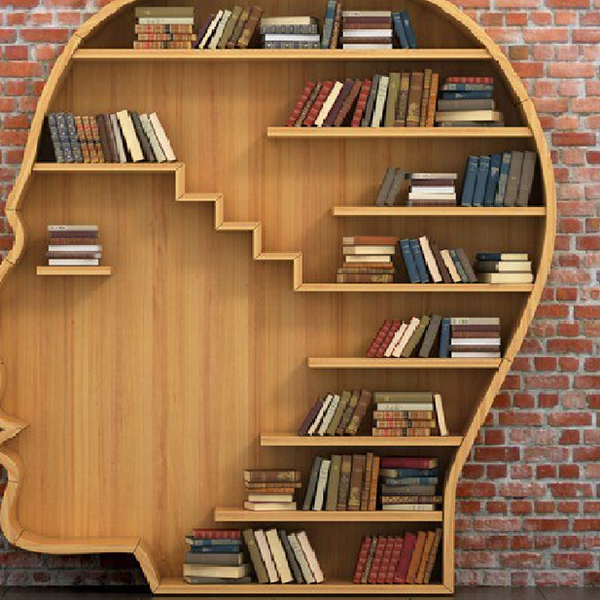I grew up loving to read. My parents read to me. I looked forward to the weekly library visit in elementary school. I frequented the school library in middle and high school. I’ve filled my shelves with stories and ideas that challenged me and helped me grow. Books have taught me lessons that schools don’t teach. Whether it was the key to success in "Outliers" by Malcolm Gladwell or the danger of ignorance in "1984" by George Orwell, books have taught me countless lessons. Many of these lessons aren’t from specific books, though; some lessons come from just reading.
1. Empathy
We all know that everyone has a story to tell, but it’s through reading that we understand those stories. Whether it’s a biography, a novel or a book on psychology, reading gives us an understanding of the lives of others. Books expose us to different cultures and lifestyles, to different worldviews and backgrounds. They show us people that are different than us, people that we are naturally wary of, and show us that they are just people like those similar to you. We feel the emotion from personal accounts, we relate to the situations on the page, we grasp ideas and concepts that likely wouldn’t have been given to us in any other medium.
2. Curiosity
The more you read, the more you want. You begin to take away parts of books and they fuel a drive for more. You begin to wonder how a society could come to be in a dystopian novel, and how we could prevent it. You look for more information after reading a book on philosophy, leading you down a rabbit hole of information that you can begin to piece together and understand further. You crave the world, wanting to know what else is out there for your mind to explore.
3. Critical Thinking
While schools stress the importance of critical thinking, nothing achieves it better than a diverse reading list. Reading books from perspectives that are both different and similar to yours challenges you to decide why you believe something. You are given different worlds, and the information to decide which ones you support. Nonfiction and fiction alike, they both challenge your worldview and encourage you to think for yourself.
4. About Ourselves
Books connect with their readers; themes, situations and characters are all tools to relate you to the page. When you connect with a book’s message, you unveil a part of yourself that you may not have understood, or even known about, before. Through reading, formerly locked doors are opened up inside of yourself and you're able to grow even more as an individual as you gain a greater understanding of who you are. You learn what you are capable of when you expose yourself to the power of a few hundred pages.
























